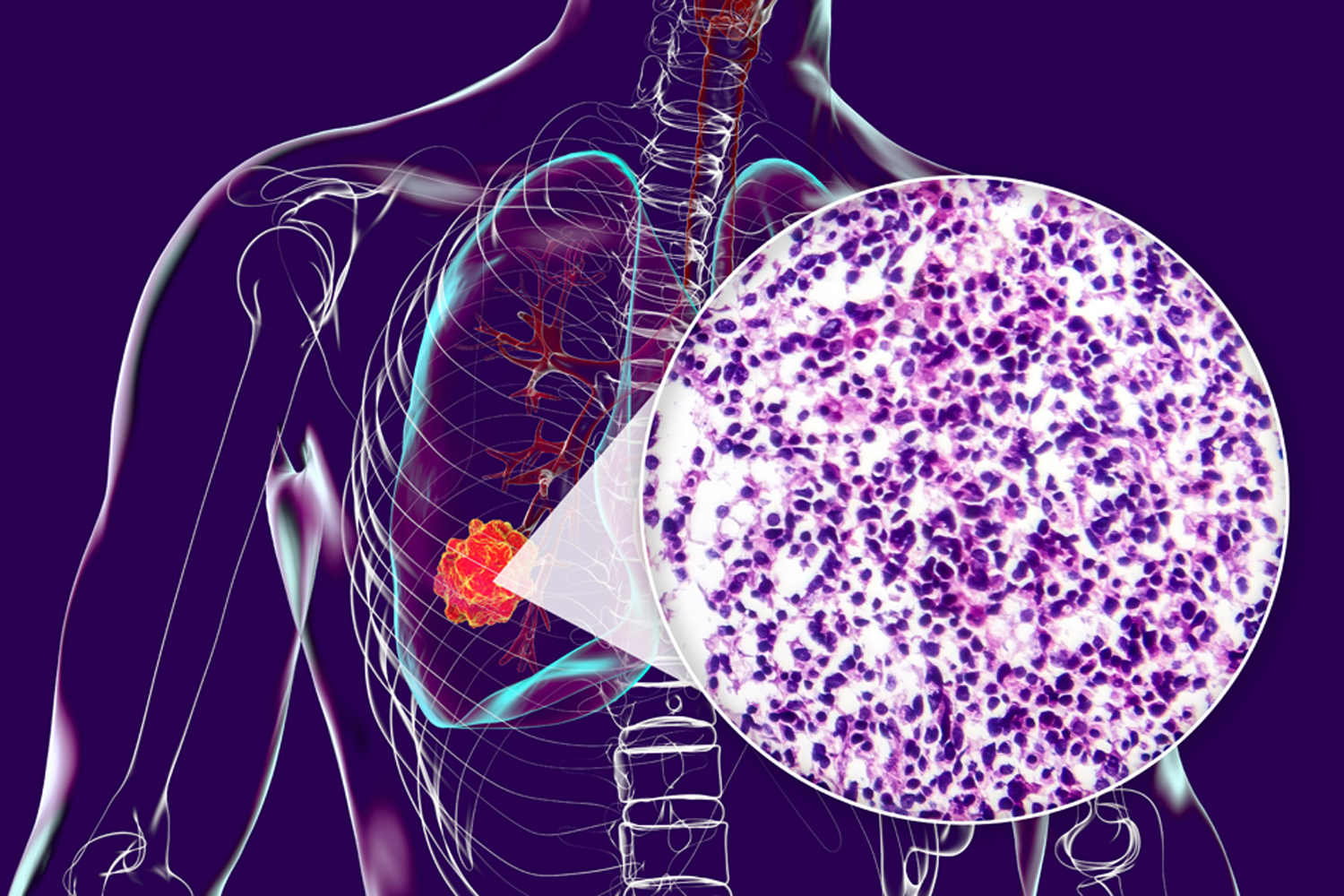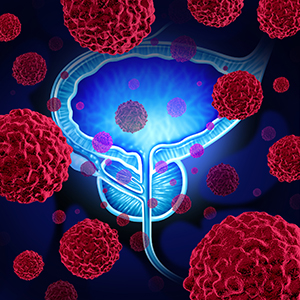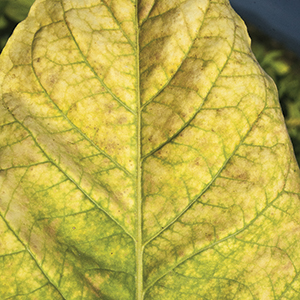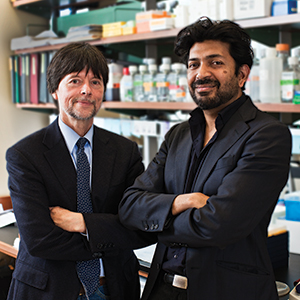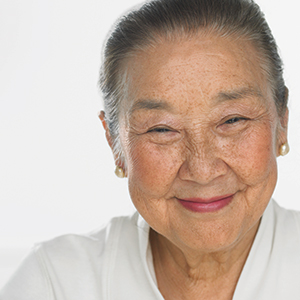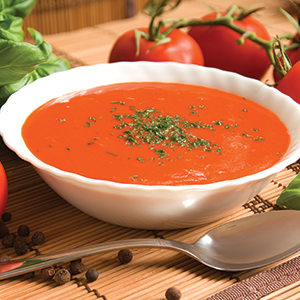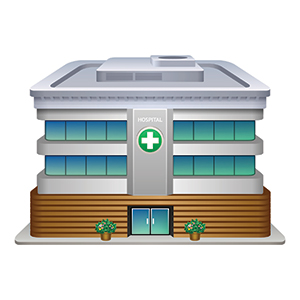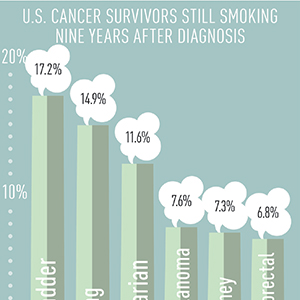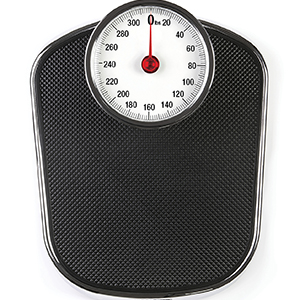-
Forward Look
Personalizing Prostate Cancer TreatmentActive surveillance may not be right for all African-American men with low-grade prostate cancer.
by Stephen Ornes
-
Lighting a Fire Under Tobacco-Related Cancers
As researchers unravel the extent and scientific underpinnings of tobacco-related cancers and addiction, patients can seek support to quit tobacco or cope with the stigma often associated with these cancers.
by Stephen Ornes
-
Telling Cancer’s Story
A Pulitzer Prize-winning book about cancer becomes a documentary after noted filmmaker Ken Burns signs on.
by Marilyn Fenichel
-
When Age Is Only a Number
More than half of cancer patients are over 65, but not all older cancer patients should be treated alike. That's where geriatric oncology comes in.
by Yasmine Iqbal
-
Healthy Habits
Antioxidant ProtectionTomatoes might play a role in decreasing a man's risk of prostate cancer.
by Leigh Labrie
-
Forward Look
Double Mastectomies on the RiseStudy suggests fears rather than actual risk of recurrence drive decisions.
by Cameron Walker
-
Forward Look
Exploring the Link Between Cancer and Vitamin DQuestions remain about low vitamin D levels and cancer risk.
by Sharon Reynolds
-
Forward Look
A Deadly InflammationSepsis may be a factor in up to half of all hospital deaths.
by Alexandra Goho
-
Forward Look
Smoking After CancerA cancer diagnosis isn’t enough to convince some smokers to kick the habit. A survey of almost 3,000 survivors of the 10 most common types of cancer published in the September 2014 issue of Cancer Epidemiology, Biomarkers & Prevention found nearly one in 10 survivors were current smokers nine years after diagnosis, with 83 percent lighting […]
-
The Weight of Obesity on Cancer Patients
Overweight and obese patients face worse side effects and survival odds than others with the same cancer. New efforts aim to help them get better care, become healthier and live longer.
by Melissa Weber
Cancer Talk
Treatment Combination Improves Survival in EGFR-positive Lung Cancer
Adding chemotherapy to targeted therapy improves outcomes for people with advanced EGFR-positive non-small cell lung cancer.
by Sandra Gordon
Lessons From 20 Years Living With CancerMultiple myeloma survivor Jonathan Gluck reflects on uncertainty, and the scientific progress that has kept him living with cancer for more than two decades.
by Eric Fitzsimmons
The Enduring Importance of Cancer Disparities ResearchOpening session from AACR conference highlights how perseverance and adversity have informed cancer disparities research over the years.
by Eric Fitzsimmons
Most Cancer Survivors Don’t Meet Healthy Diet GoalsDespite research linking fruits and vegetables to cancer survival, many people do not change their eating habits after diagnosis.
by Darlene Dobkowski

